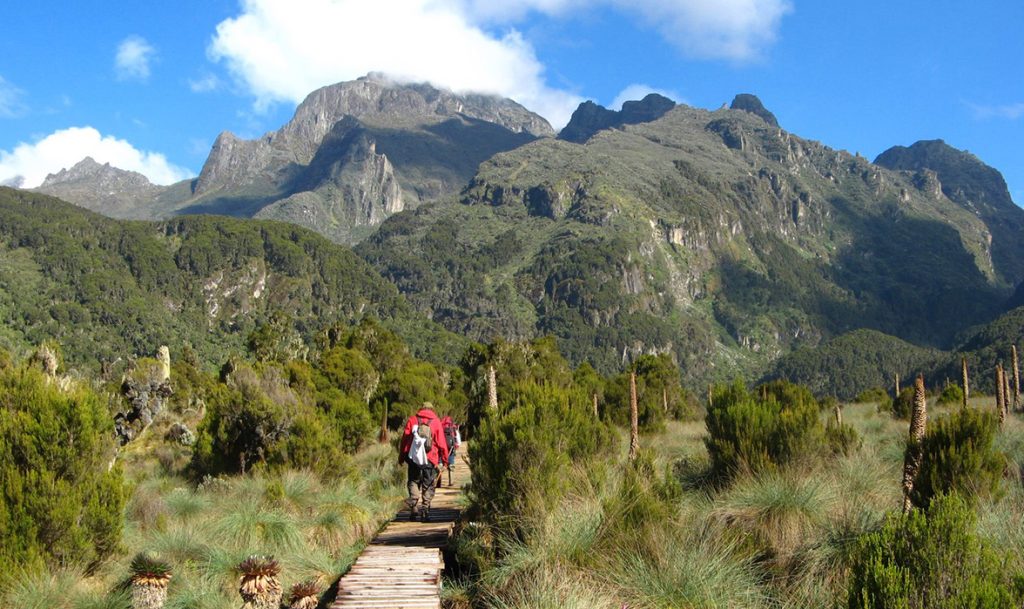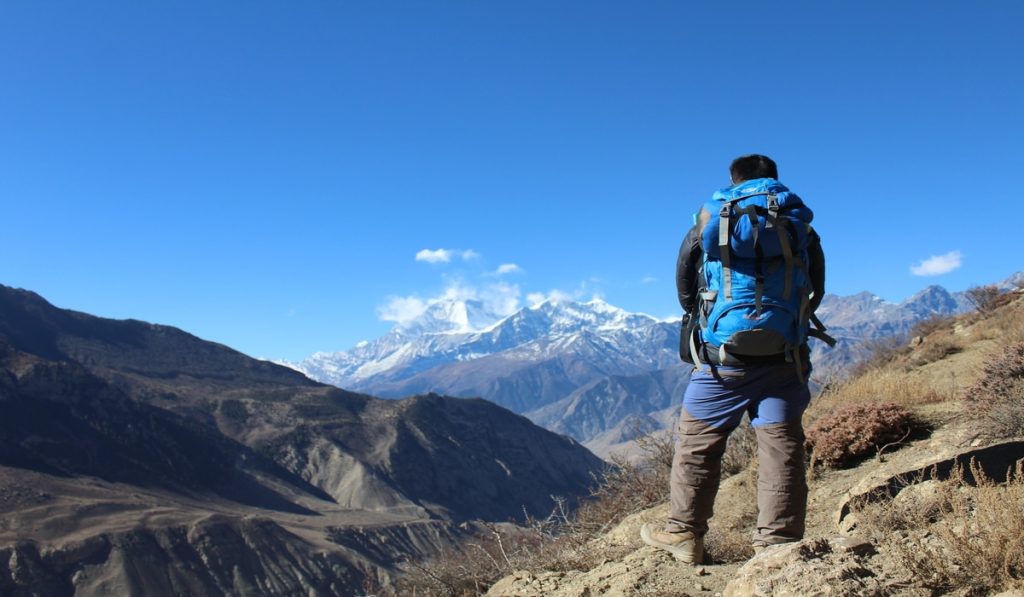
What Is Trekking? The Difference Between Hiking and Trekking
Introduction: Understanding Trekking and Hiking
Trekking and hiking are two of the most popular outdoor activities, often used interchangeably. However, they offer different experiences that cater to various adventure levels. Whether you’re planning your next outdoor adventure or simply curious, understanding the difference between trekking and hiking will help you choose the right path. This guide breaks down the key aspects of each activity, so you can make an informed decision.
What Is Trekking?
Trekking refers to a long, arduous journey on foot across diverse terrains, often spanning several days. Unlike a casual walk, trekking demands greater physical endurance and preparation. Trekkers traverse remote and rugged landscapes, such as mountain ranges, dense forests, and isolated valleys, making the journey both challenging and rewarding. The experience of trekking goes beyond the physical; it’s an immersive adventure that brings you closer to nature.
Key Characteristics of Trekking:
- Duration: Multi-day journeys, ranging from a weekend to several weeks.
- Terrain: Varied and challenging, including mountains, forests, and remote areas.
- Preparation: Extensive planning required, including proper gear like backpacks, sleeping bags, and sometimes hiring guides.
- Physical Demand: High level of physical fitness needed to endure long distances and rough terrains.
- Accommodation: Basic, often involving camping, staying in huts, or local lodges.
What Is Hiking?
Hiking is generally a less demanding activity compared to trekking, typically done on well-marked trails over shorter distances. Hikes can vary from easy, hour-long walks to full-day excursions, making it accessible to a broader audience. Hiking is ideal for those looking to enjoy nature without the intense physical and mental demands of trekking.
Key Characteristics of Hiking:
- Duration: Usually ranges from a couple of hours to a full day.
- Terrain: Well-marked and maintained trails, often within parks or nature reserves.
- Preparation: Minimal, involving basic gear such as sturdy shoes, a daypack, water, and snacks.
- Physical Demand: Varies from easy to moderate, suitable for most fitness levels.
- Accommodation: None required, as hikes are typically completed within the day.
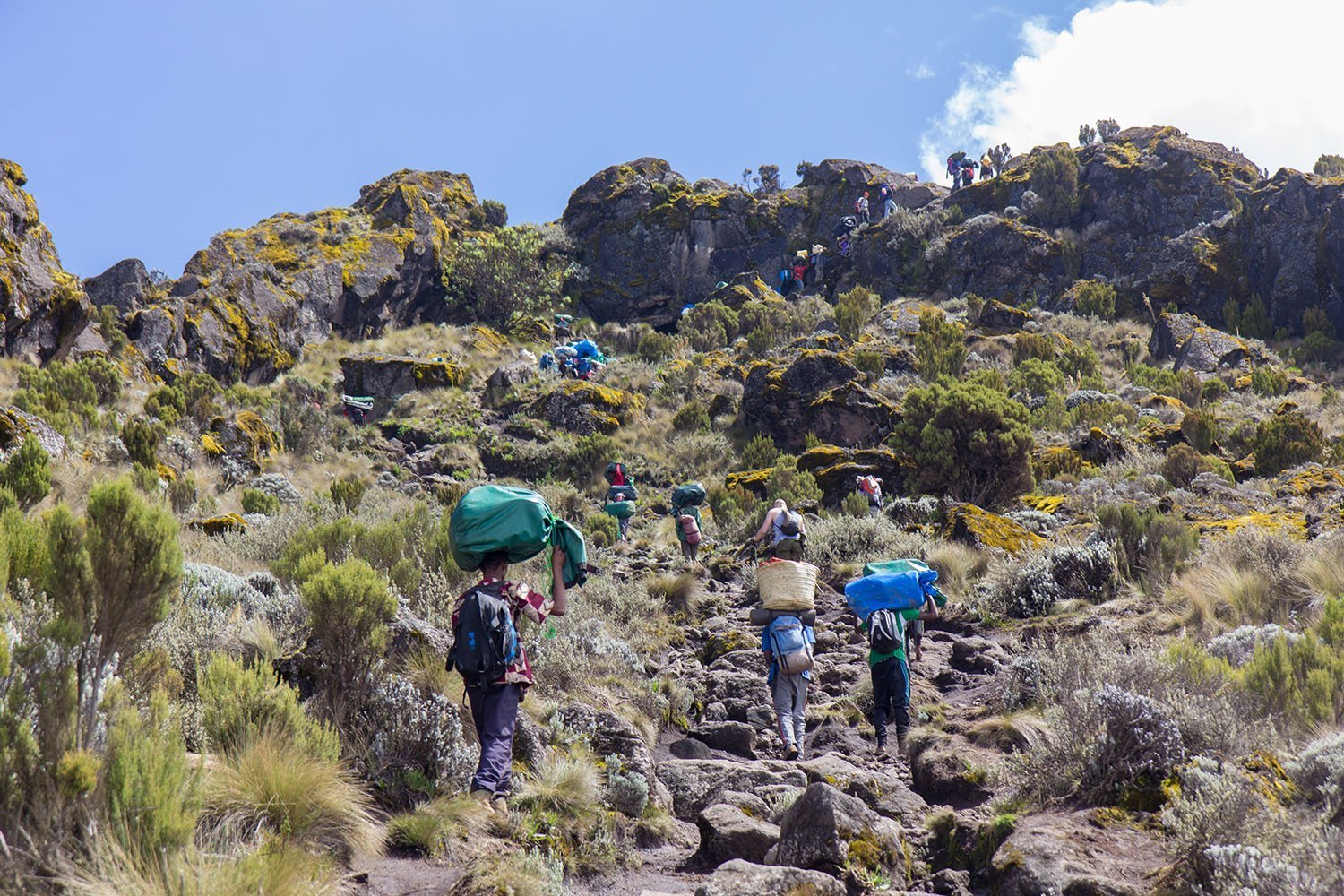
The Main Differences Between Trekking and Hiking
Duration and Intensity:
- Trekking: Extended, often strenuous, and spans multiple days.
- Hiking: Shorter, generally less intense, and completed within a day.
Terrain and Environment:
- Trekking: Involves diverse and challenging terrains, often in remote areas.
- Hiking: Typically on established, well-maintained trails.
Preparation and Gear:
- Trekking: Requires comprehensive preparation, including packing essential gear like tents, sleeping bags, food, and water for multiple days.
- Hiking: Basic preparation with minimal gear, often just a good pair of hiking boots, water, and a small daypack.
Physical and Mental Demands:
- For the Challenge: If you seek a more challenging and immersive adventure, trekking offers the perfect opportunity to test your limits and experience nature in its rawest form.
- Immersive Experience: Trekking allows you to venture into remote and pristine environments, offering a deep connection with nature and an escape from the hustle and bustle of everyday life.
- Personal Growth: Overcoming the challenges of trekking can lead to significant personal growth, enhancing your endurance, resilience, and sense of achievement.
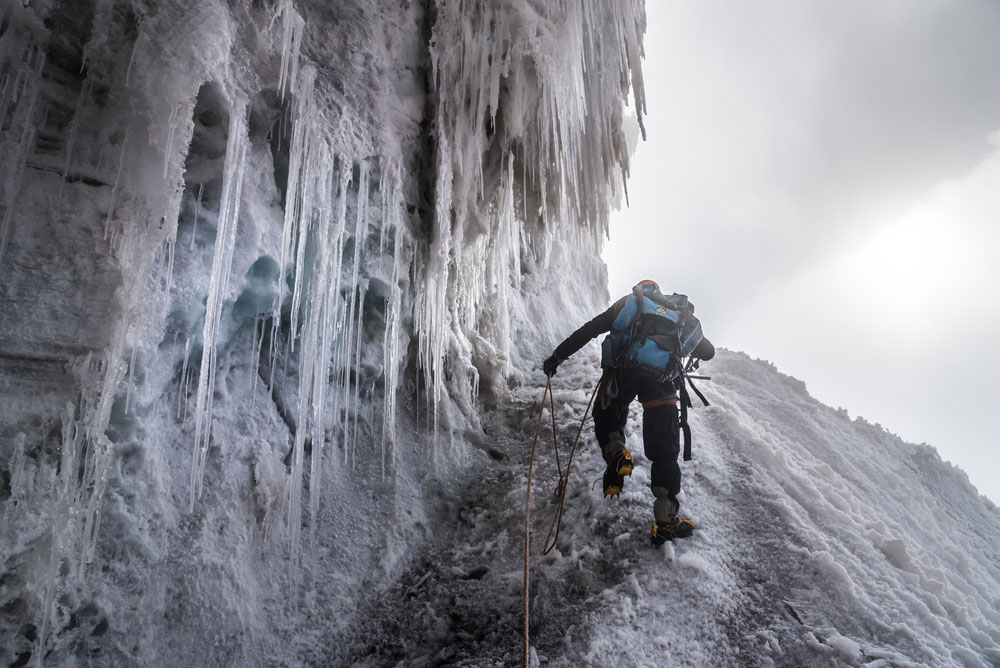
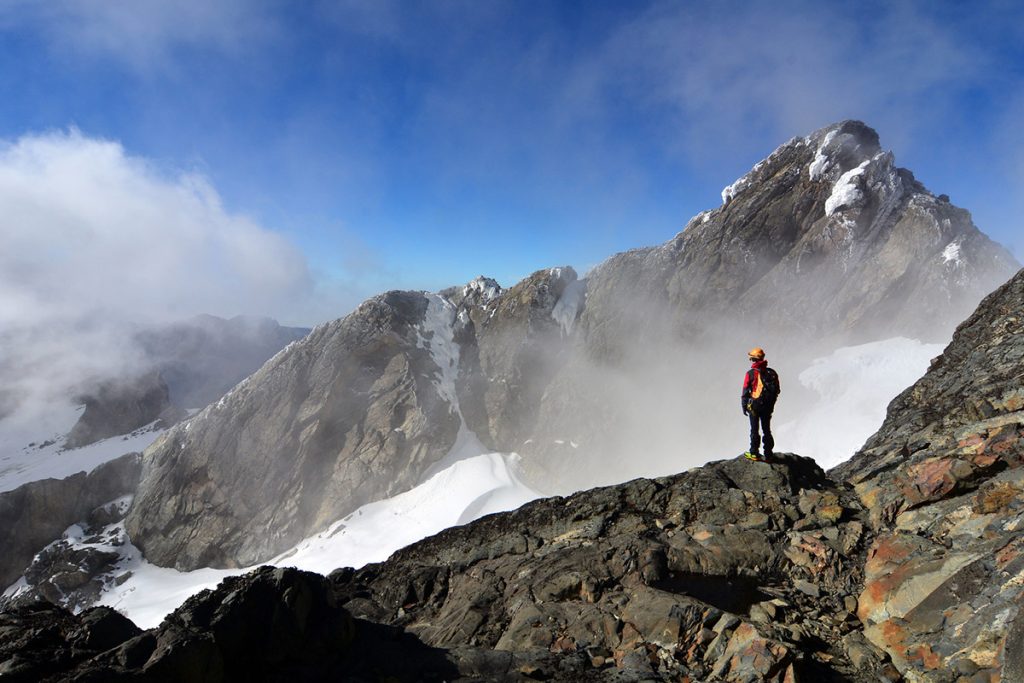
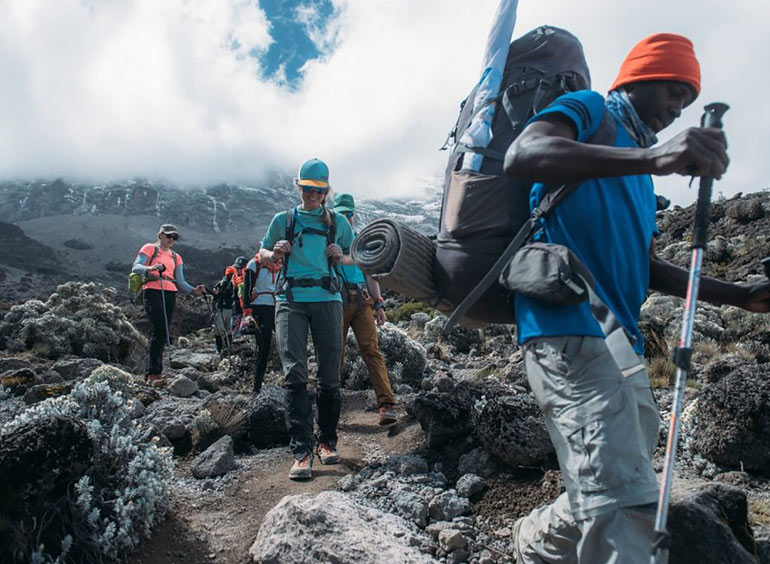
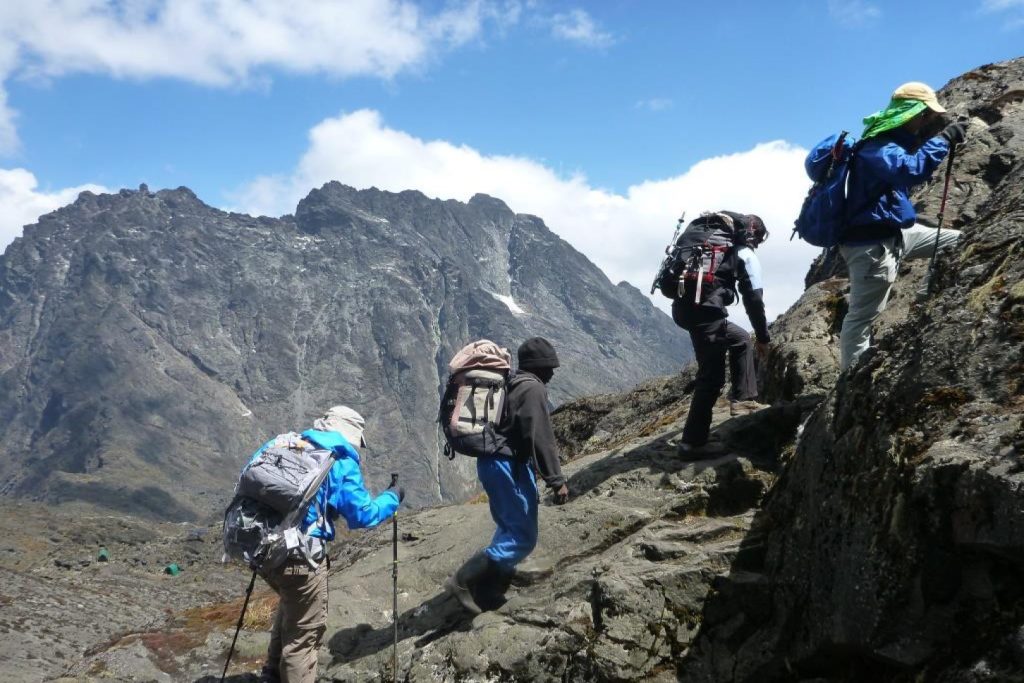
Why Choose Trekking Over Hiking?
- For the Challenge: If you seek a more challenging and immersive adventure, trekking offers the perfect opportunity to test your limits and experience nature in its rawest form.
- Immersive Experience: Trekking allows you to venture into remote and pristine environments, offering a deep connection with nature and an escape from the hustle and bustle of everyday life.
- Personal Growth: Overcoming the challenges of trekking can lead to significant personal growth, enhancing your endurance, resilience, and sense of achievement.
Why Choose Hiking Over Trekking?
- For Accessibility: Hiking is more accessible and beginner-friendly, allowing people of all fitness levels to enjoy the outdoors without the need for extensive planning.
- Flexibility: With hikes available in various difficulty levels, you can easily choose a trail that matches your fitness and experience, making it a versatile option.
- Relaxation: Hiking can be a more relaxing and leisurely activity, allowing you to enjoy the beauty of nature at your own pace, whether it’s a casual walk or a moderate climb.
Conclusion: Trekking or Hiking – Which Is Right for You?
Choosing between trekking and hiking depends on your fitness level, time availability, and the type of outdoor experience you seek. Trekking offers a more intense, immersive journey, ideal for adventurers looking to push their limits. Hiking, on the other hand, is perfect for those seeking a quick escape into nature without the need for extensive planning or high physical demands. For more commonly asked questions you can check this Page.
Both activities provide incredible opportunities to connect with nature, whether you’re trekking through remote wilderness or hiking a well-trodden trail. So, lace up your boots, pack your gear, and set out on the adventure that suits you best!
No matter which you choose, both trekking and hiking offer incredible opportunities to connect with nature and enjoy the great outdoors. So, lace up your boots, pack your gear, and set out on the adventure that best suits you! Get in Touch with the trekking experts from Kilimanjaro Rwenzori and customise your trekking or hiking tour for Kilimanjaro or Rwenzori mountains.
